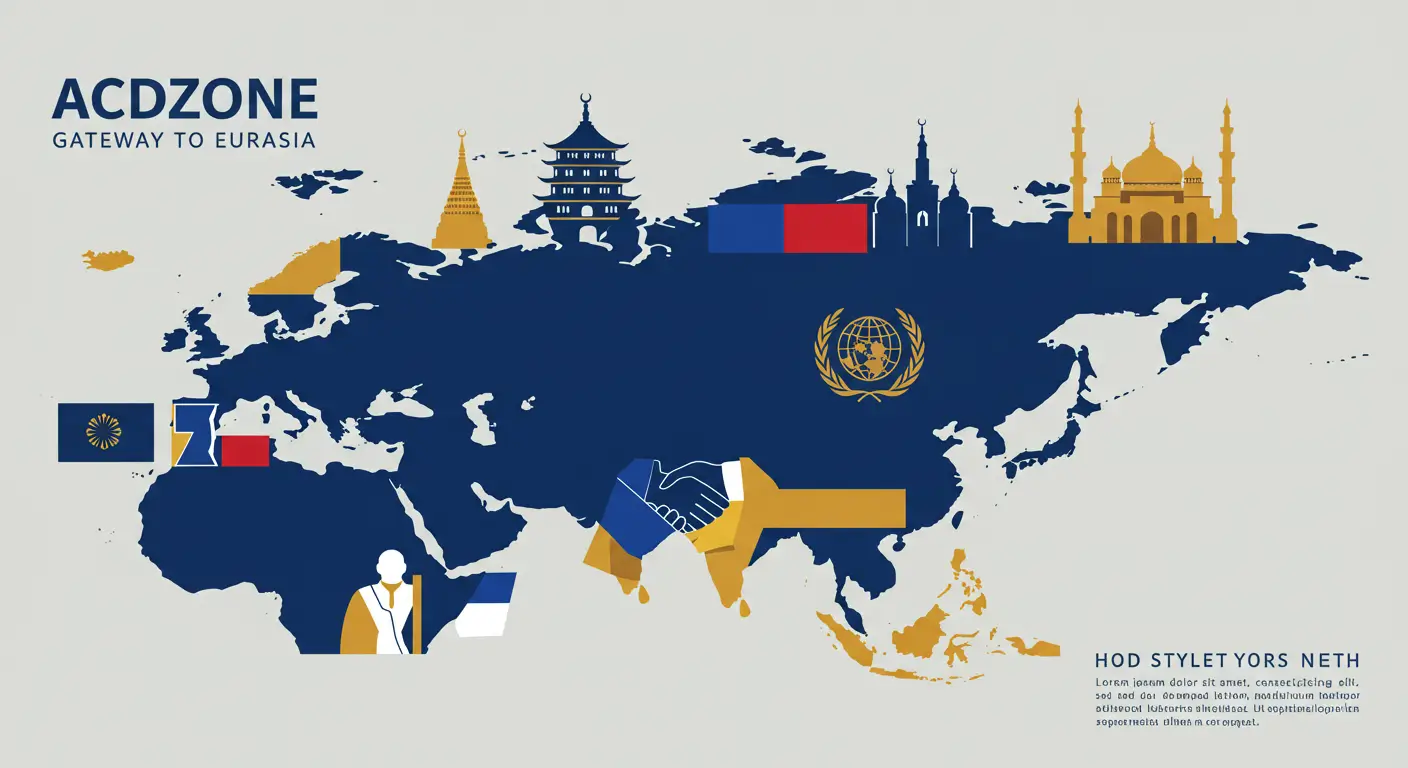Azerbaijan’s Economy: Bridging Energy Wealth and Strategic Diversification
For decades, Azerbaijan’s economy has been fueled by its vast energy reserves. But today, its vision extends far beyond oil and gas. From world-class pipelines and ports to agricultural reform and digital innovation, Azerbaijan is transforming itself into a dynamic and diversified economic player in the heart of Eurasia.
🛢️ Energy Resources: The Economic Backbone
Oil and gas remain central to Azerbaijan’s economy. Key fields like Shah Deniz and strategic pipelines—Baku-Tbilisi-Ceyhan and TANAP—secure the country’s position as a major supplier of European energy.
📉 Dependence and Reform Strategy
Energy dependency has made the economy vulnerable to global price shifts. Through its Vision 2030, Azerbaijan has introduced budget reforms, subsidy reductions, and private sector development plans to ensure greater resilience.
🏗️ Infrastructure and Investment Hubs
New infrastructure such as the Port of Alat and expanded rail networks connect Azerbaijan with Turkey, Central Asia, and Russia. The country is positioning itself as a key transit hub of the Caucasus via the Middle Corridor.
🌾 Agriculture and Food Security
From Guba to Mingachevir, traditional and modern farming coexist. Crops like cotton, grapes, and wheat drive rural economies. Smart agriculture and rural development are now national priorities.
🏨 Tourism: A Rising Star
Cultural, eco, medical, and event-based tourism is growing. Investments in hospitality, events like Formula 1, and promotion of historic towns like Sheki and Lankaran are expanding the sector.
💡 Innovation and the Digital Economy
Baku is emerging as a tech hub, with co-working spaces, IT startups, and digital government services expanding. Export of software and local innovation are set to play a key role in economic diversification.
Conclusion
Azerbaijan’s economic journey moves steadily from energy-centered growth to a diverse, knowledge-based, and globally integrated model. Its geographical advantage and reform mindset are helping shape a new economic chapter.





No comment